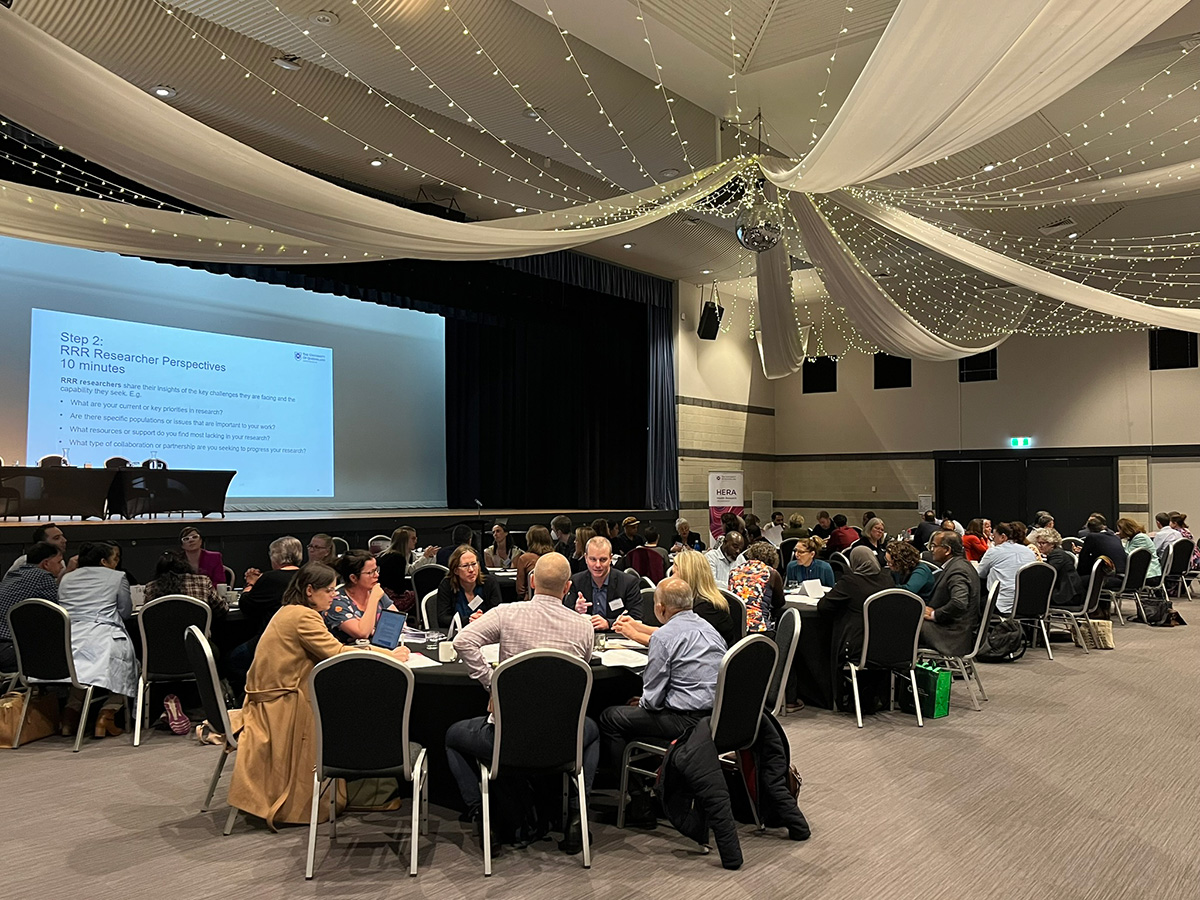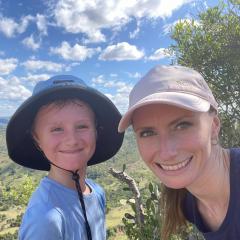 Last Friday, over 80 regional and rural community groups, health care providers, researchers and industry representatives met with select University of Queensland (UQ) researchers at the Rural, Regional and Remote (RRR) Health Research Showcase in Toowoomba.
Last Friday, over 80 regional and rural community groups, health care providers, researchers and industry representatives met with select University of Queensland (UQ) researchers at the Rural, Regional and Remote (RRR) Health Research Showcase in Toowoomba.
Attendees were presented with a suite of customised research projects, designed using feedback gathered from rural community roundtable meetings and consultations that, if accepted, are set to have lasting impacts on the health and wellbeing of not only Queensland communities, but of those living in similar situations and circumstances.
Driven by The University of Queensland through the Health Research Accelerator (HERA) initiative, the RRR Health Research Showcase invited attendees to hear more about and potentially support, partner and collaborate on the 24 research projects, all of which included a focus on the health of rural populations.
This event launched the opening of the UQ Accelerator Grant Scheme seed funding, which is hoped to lead to greater investment in research specifically targeting improved rural health outcomes.
Attendees heard from several guest speakers, including the outgoing National Rural Health Commissioner Ruth Stewart and took part in panel discussions, sharing of ideas and world café conversations.
UQ Faculty of Medicine Associate Dean of Research, Professor Karen Moritz said it was exciting to see the interest generated by the presentations and see new connections forming in the room.
“The projects presented today have been developed using the aggregate information collated by the research teams over the course of many months working with our regional, rural and remote communities.
“It was heartwarming to be in a room full of people who are united in their desire to better the health and wellbeing of our communities and I look forward to seeing what their collaborative efforts can achieve,” Professor Moritz said.
UQ is investing in new health and medical research models and new capabilities to address our most pressing health and medical research and innovation challenges, which includes the poorer health outcomes of rural populations.
Transforming the health and wellbeing of societies requires a highly collaborative and interdisciplinary research approach.



